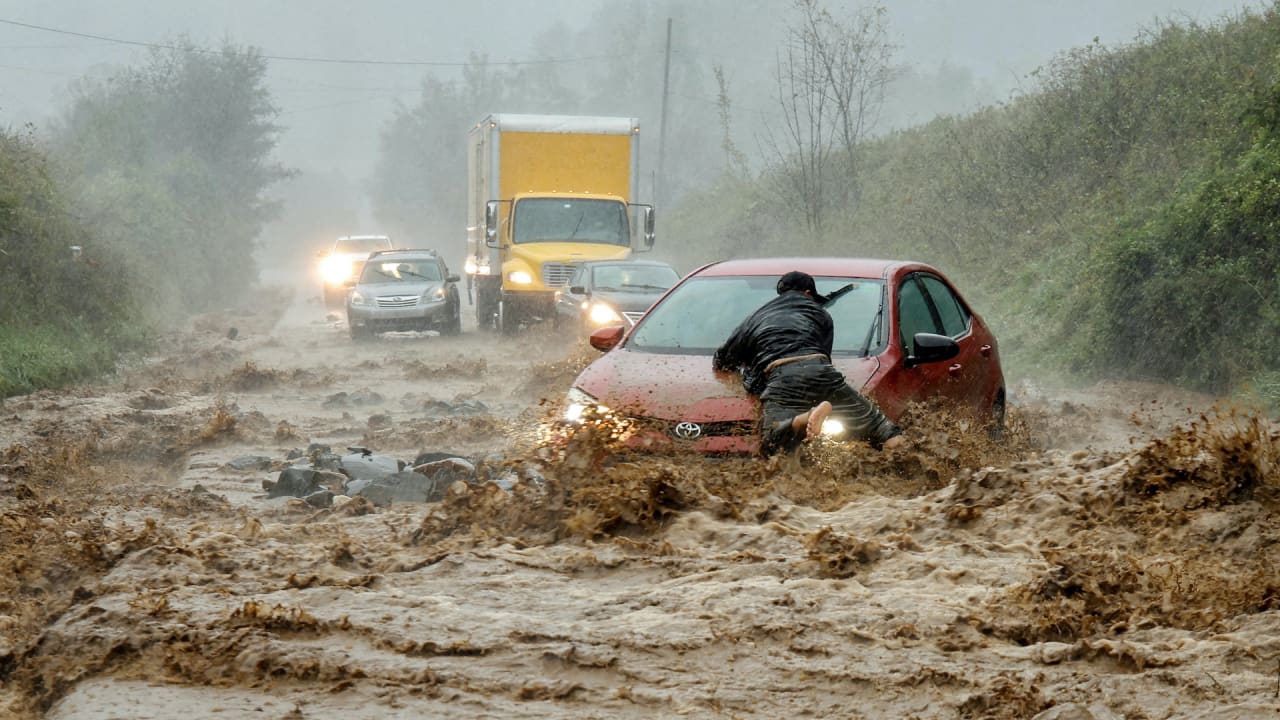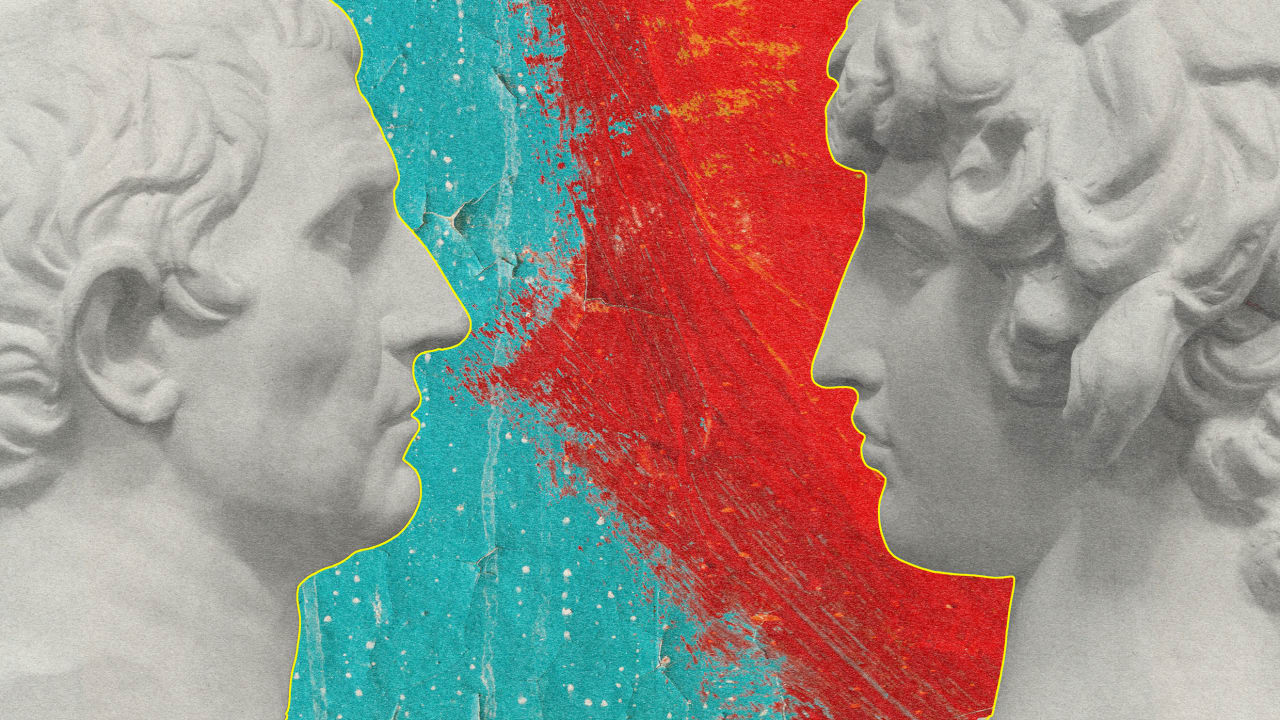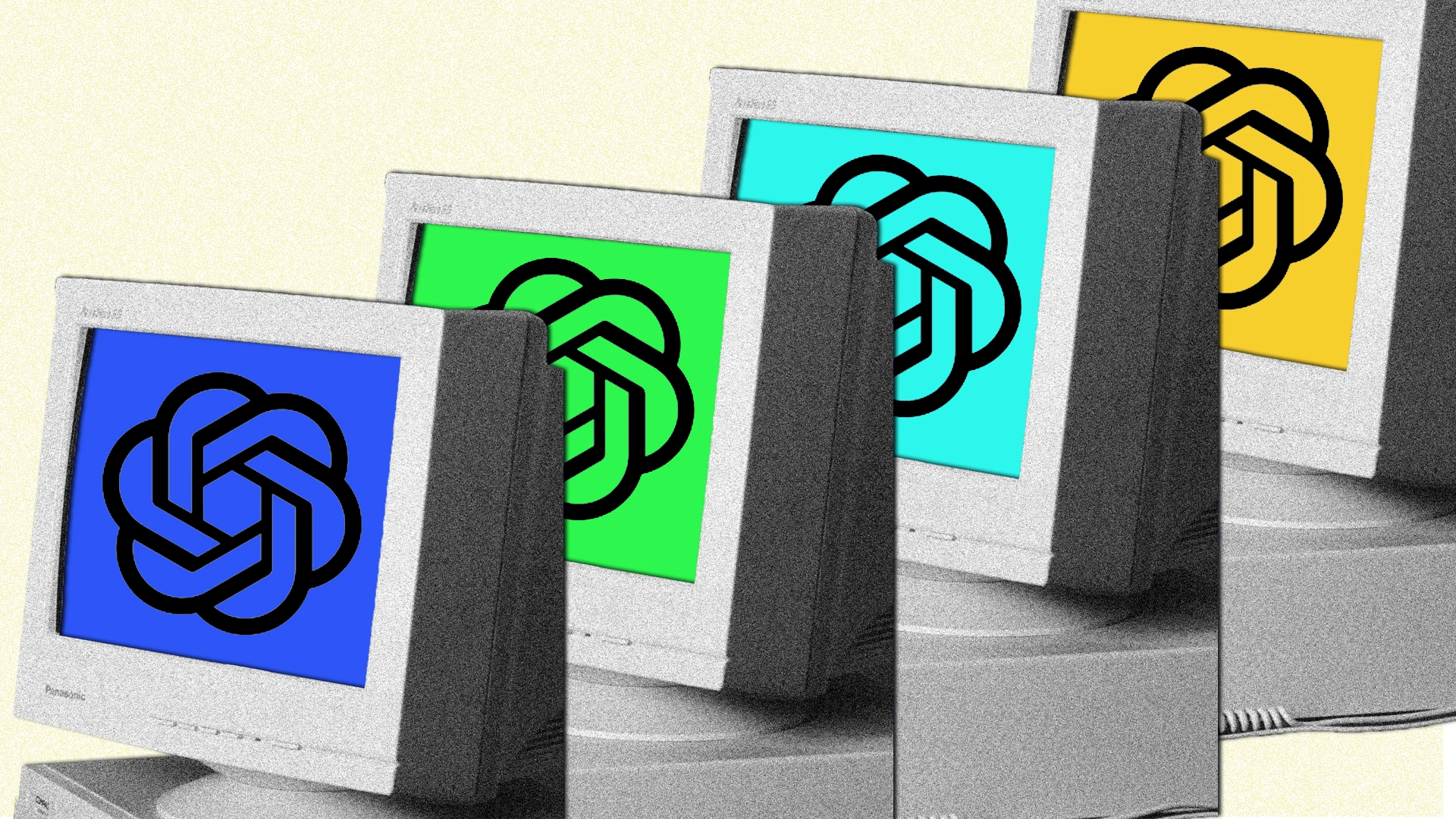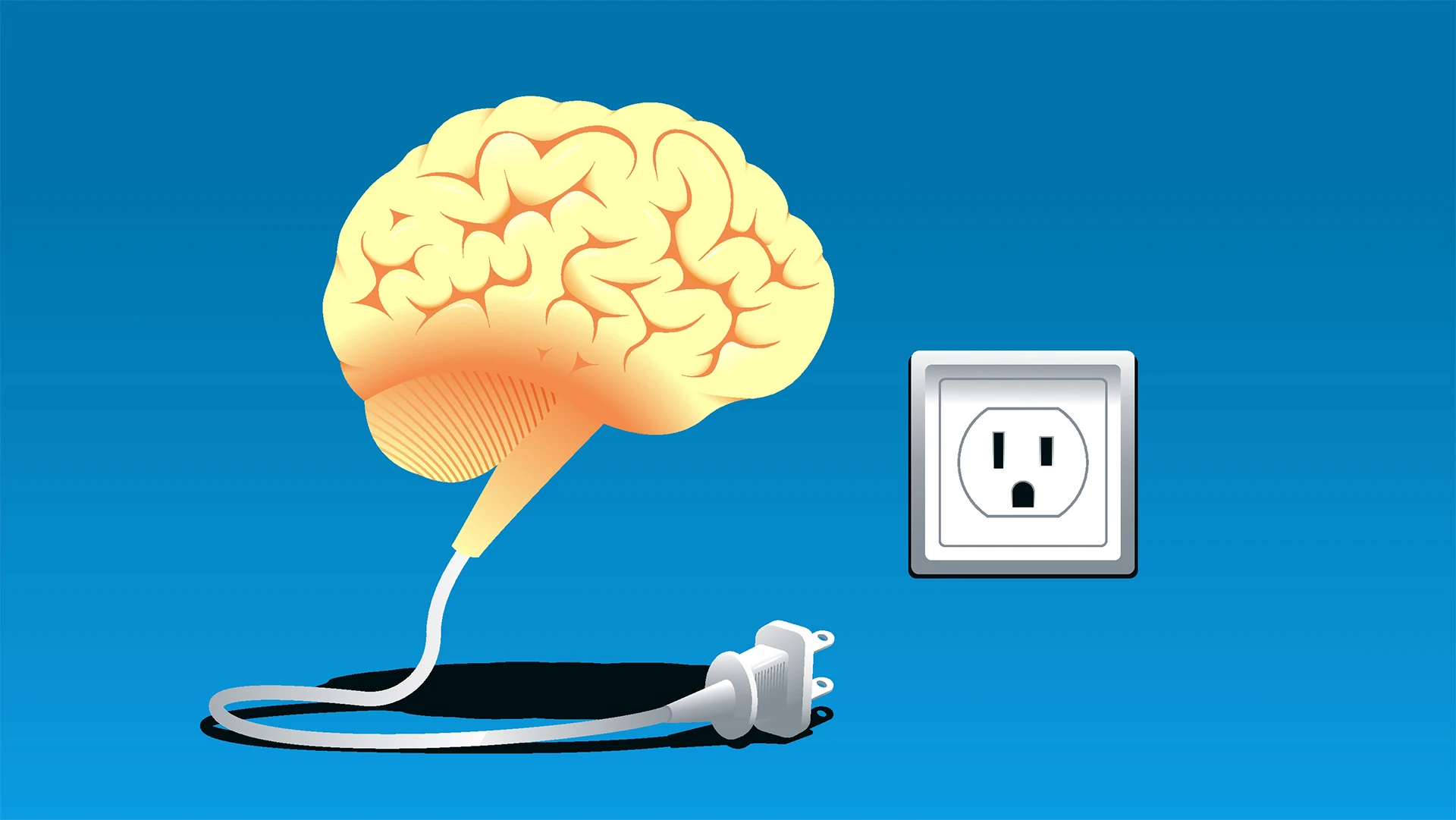Why Pet Dental Extractions Are Essential for Your Pet’s Health and Happiness
Pet Dental Extractions
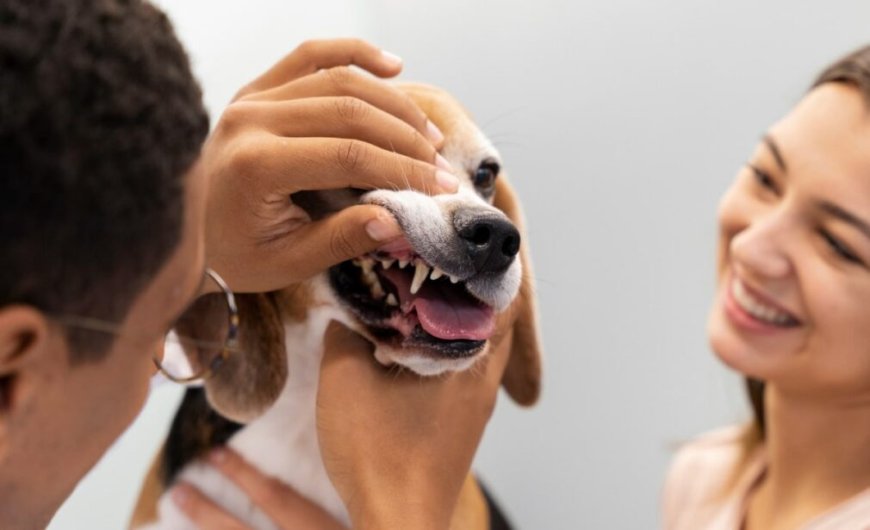
As a devoted pet owner, you want nothing but the best for your furry friend. From regular checkups to essential pet dental extractions, maintaining your pet’s oral health is a crucial part of their overall wellness. It’s not just about maintaining fresh breath – it’s about safeguarding your pet’s overall health. Neglecting dental health can lead to serious issues affecting the heart, kidneys, and liver. Let’s explore why pet medical services focused on dentistry are essential for keeping your pet’s smile bright and healthy.
Why Pet Dental Health Matters
Did you know that by the age of three, a staggering 80% of dogs and 70% of cats exhibit signs of periodontal disease? Poor oral hygiene can lead to plaque buildup, gum inflammation, and tooth decay. Over time, untreated dental disease can cause severe health issues, including:
-
Difficulty eating and chewing
-
Chronic bad breath
-
Inflamed or bleeding gums
-
Tooth loss and pet dental extractions
-
Bacterial infections spreading to major organs
-
Increased risk of systemic diseases, such as heart and kidney infections
When food particles mix with bacteria, plaque forms. If left untreated, it hardens into tartar, resulting in painful inflammation and infections that can affect your pet’s quality of life.
Signs Your Pet Needs Dental Care
Not sure if your pet’s dental health is at risk? Here are some common warning signs:
-
Persistent bad breath
-
Excessive drooling
-
Yellow or brown tartar buildup
-
Swollen, red, or bleeding gums
-
Difficulty chewing or loss of appetite
-
Pawing at the mouth or face
-
Missing or loose teeth
-
Reluctance to eat hard food or chew on toys
If you notice any of these symptoms, it’s time to schedule an appointment with your trusted veterinarian for a comprehensive dental checkup. Early intervention can prevent the need for extensive pet dental extractions and other invasive procedures.
Why Professional Pet Dental Care is Essential
Brushing your pet’s teeth at home is beneficial, but it’s not enough to prevent advanced dental diseases. This is where professional pet medical services come into play. Here’s what to expect during a veterinary dental cleaning:
-
Comprehensive Oral Exam: The veterinarian will assess your pet’s mouth, checking for signs of disease or infection.
-
X-Rays & Diagnostics: Some dental issues lie beneath the gum line. X-rays help detect hidden problems such as root infections or bone loss.
-
Scaling & Polishing: Plaque and tartar are removed, and the teeth are polished to prevent future buildup.
-
Pet Dental Extractions: Severely decayed or damaged teeth may need to be removed to prevent further infection and pain.
-
Post-Cleaning Care: The vet will provide recommendations for maintaining your pet’s dental health at home.
How to Maintain Your Pet’s Dental Health at Home
While routine professional cleanings are vital, there are ways to maintain your pet’s dental health between visits:
-
Brush Their Teeth Regularly: Use a pet-safe toothbrush and toothpaste to clean your pet’s teeth a few times a week. Make it a positive experience by rewarding them with treats.
-
Provide Dental Chews and Toys: Dental chews help reduce plaque buildup and keep your pet entertained. Choose veterinarian-approved options that promote oral hygiene.
-
Opt for a Healthy Diet: Crunchy kibble and dental-friendly foods can help prevent tartar buildup. Consult with your veterinarian for dietary recommendations.
-
Use Dental Water Additives: Special water additives can freshen breath and reduce bacteria in your pet’s mouth. These simple solutions can make a significant difference in reducing plaque buildup.
The Risks of Ignoring Pet Dental Health
Neglecting dental health doesn’t just cause bad breath – it can lead to serious complications. Untreated periodontal disease allows bacteria to enter the bloodstream, potentially damaging the heart, liver, and kidneys. This can drastically shorten your pet’s lifespan and cause chronic pain.
Moreover, pets with dental pain may become irritable or refuse to eat, leading to weight loss and malnutrition. This is why regular pet dental extractions and professional cleanings are so important. The bacteria from infected teeth can spread to other areas of the body, causing severe systemic issues that could be life-threatening.
How Often Should Pets Have Dental Cleanings?
Most pets should receive a professional dental cleaning once a year. However, some breeds are more prone to dental disease and may require more frequent cleanings. Your veterinarian can assess your pet’s specific needs and recommend a tailored pet medical services plan.
Certain breeds, such as small dog breeds like Chihuahuas and Yorkies, are especially prone to dental issues due to crowded teeth. These pets may need bi-annual dental exams and more frequent pet dental extractions to keep infections at bay.
The Cost of Pet Dental Extractions
Many pet owners worry about the cost of dental procedures, especially pet dental extractions. While it can be a significant investment, consider the long-term benefits. Preventing serious infections, organ damage, and chronic pain is well worth the cost. Regular cleanings can reduce the likelihood of needing extensive dental work in the future.
Final Thoughts: Prioritize Your Pet’s Dental Health
Maintaining good dental health is more than just ensuring your pet has fresh breath – it’s about safeguarding their overall well-being. Regular dental exams, pet dental extractions, and at-home care can prevent serious health issues and improve your pet’s quality of life.
Don’t wait until dental problems become severe. Schedule a professional dental cleaning with your trusted veterinary hospital today and keep your pet smiling for years to come.
For more information on comprehensive pet medical services and expert dental care, visit Kainer Vet Hospital and give your pet the gift of a healthy smile!



